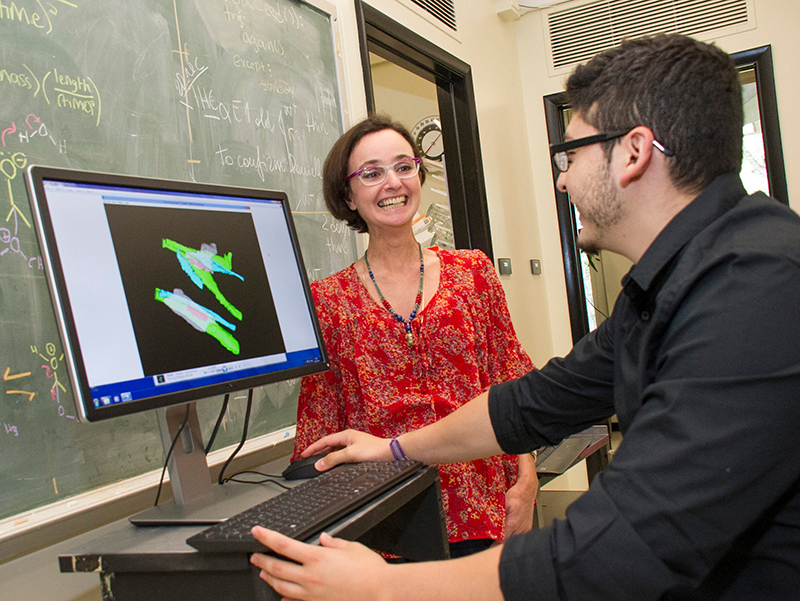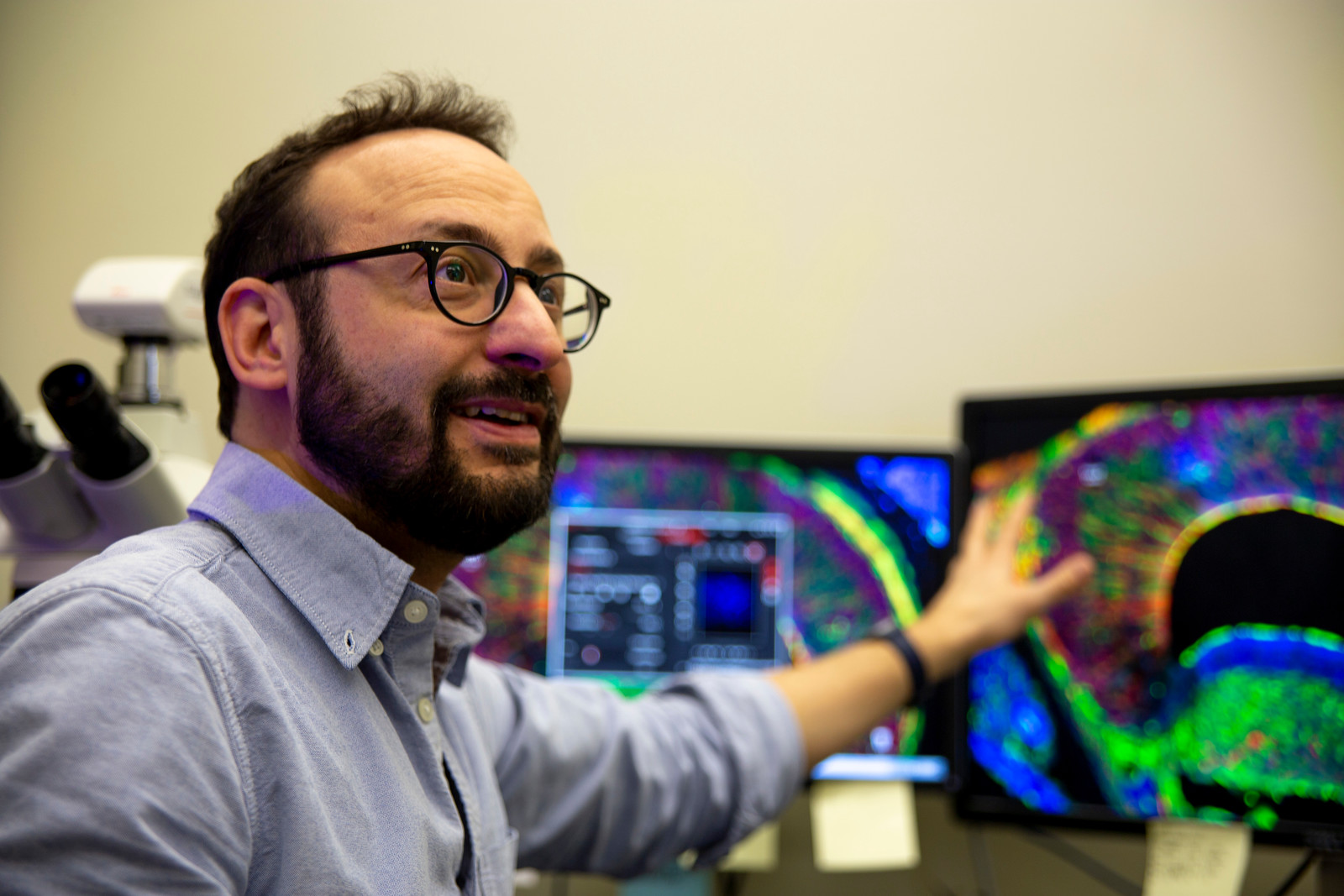Deadlines
Departmental Assistantship Consideration
- Fall: December 15
- Spring: October 1
- Summer: Not Available
No Departmental Assistantship Consideration
- Fall: June 15
- Spring: December 1
- Summer: Not Available
Required Application Materials
- Transcripts from all schools attended
- Three letters of recommendation from professors in biological sciences, with at least one addressing research aptitude and experience
- Statement of goals
The statement is generally one to two pages discussing what you have to offer the program and what you wish to get out of the program. It should include a brief description of the applicant's field of interest, related background, desired area of study and research emphasis or career goals. Be sure to include mention of professors in the Department of Biological Science that you would consider as mentors for your thesis work.
The GRE is NOT required.
Available information for International Applicants.
Special Notes
The GRE is NOT required
Late applications will be considered until all departmental assistantships have been filled.
A TOEFL minimum score of 600 (paper) or 100 (internet based) is required to receive a teaching assistantship.
A C1 ranking from EF (Education First) which can be fulfilled with an alternative test:
- IELTS of 7
- PTE score of 70
- Duolingo score of 120 (for tests taken after July 15, 2019).
The Duolingo English Test can be taken online in 1 hour or less and results are available in less than two days.





